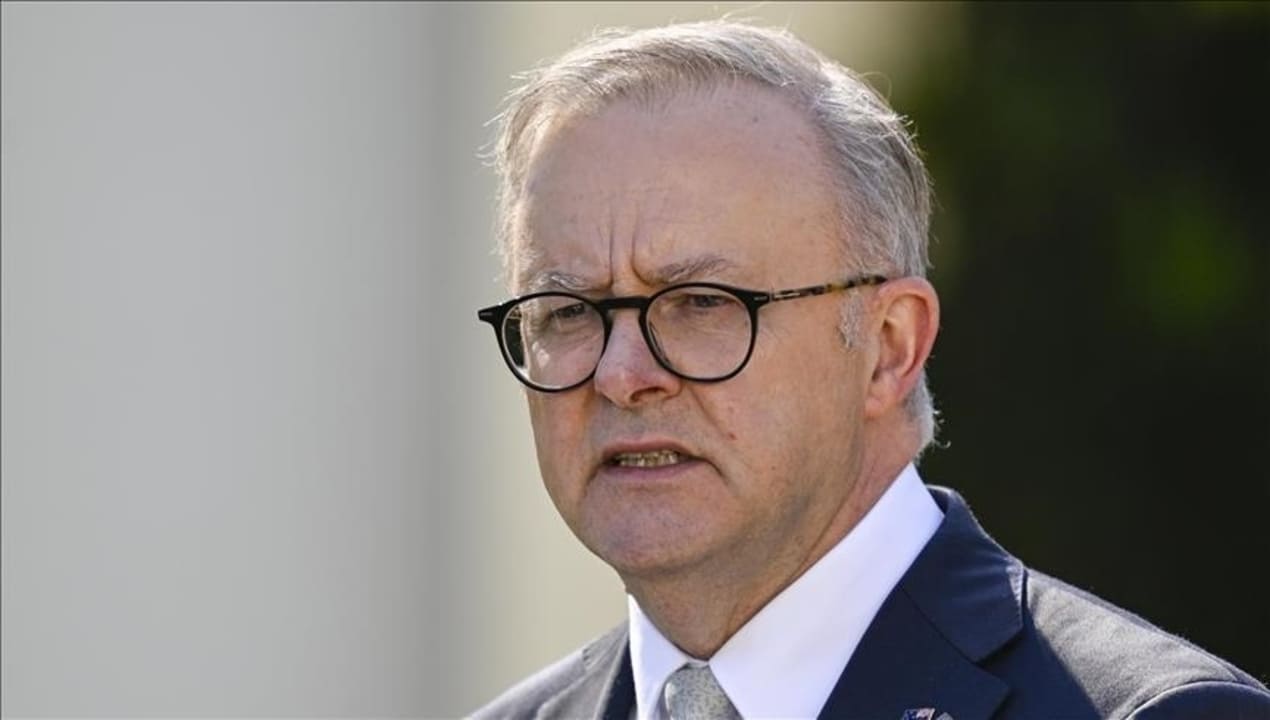
Independent Report – Vice Chairman of the Indonesian House of Representatives, Adies Kadir, expressed his support for the Indonesian government’s efforts to address the impact of the reciprocal tariff policy imposed by U.S. President Donald Trump. On April 2, 2025, Trump officially announced a 32 percent reciprocal tariff on Indonesia, increasing from the 10 percent tariff previously applied by the U.S. to all countries, including Indonesia. This policy could cause economic instability in the short term and requires effective risk mitigation strategies.
Adies emphasized the need for solid coordination to minimize potential financial instability that might result from this policy. He hopes the government will provide reassuring narratives and communications to avoid negative reactions in financial markets, such as a decline in the stock market, foreign exchange, and money markets. Clear and precise communication is crucial for maintaining economic stability, particularly to mitigate market sentiment that could harm Indonesia’s economy.
Furthermore, Adies supports the government’s strategic steps in responding to the U.S. tariff policy. He believes that Indonesia must continue to enhance its competitiveness in global markets. This can be achieved by strengthening trade and investment cooperation both regionally within ASEAN and internationally with countries in groups like BRICS, OECD, and others. Such cooperation is essential to address the growing complexity of global economic challenges.
Also Read : iPhone Price Hike and Impact of Trump’s Import Tariffs
Adies also reminded that while Indonesia needs to strengthen partnerships with trading nations, including the U.S., it is vital to maintain good relations and a spirit of diplomacy. He stressed that diplomatic actions and negotiations with the U.S. should continue in order to find the best solution regarding the reciprocal tariff. Through effective diplomacy, Indonesia can reduce the negative effects of this policy on its economy.
It is also important to keep monitoring the global economic dynamics, both in terms of major countries’ policies and market changes. Adies highlighted the need for coordinated, consistent, and ongoing communication from the government to reduce uncertainty and address any negative sentiment that might unsettle investors or market participants. This will help create a more stable investment climate and strengthen market confidence in Indonesia’s economy.
Meanwhile, President Prabowo Subianto also discussed the reciprocal tariff issue with leaders from other ASEAN countries. During a teleconference with Malaysian Prime Minister Anwar Ibrahim, Brunei Sultan Hassanal Bolkiah, Philippine President Ferdinand Marcos Jr., and Singaporean Prime Minister Lawrence Wong, Prabowo coordinated a joint response to the tariff policy announced by the U.S. The discussions aimed to find the best solutions for ASEAN countries in dealing with the impact of this policy.
As a follow-up to these talks, a meeting of ASEAN Economic Ministers is scheduled for next week. This meeting will further discuss the U.S. reciprocal tariff issue and seek steps that ASEAN countries can take to address it. The discussions highlight the importance of solidarity among ASEAN nations in facing global economic pressures and collective efforts to protect each nation’s economic interests.
Through the mitigation efforts of the government and coordination among ASEAN countries, it is hoped that Indonesia will be able to minimize the negative effects of the U.S. reciprocal tariff and maintain economic stability and market confidence.
Also Read : Reciprocal Tariff: Misbakhun Calls for Caution